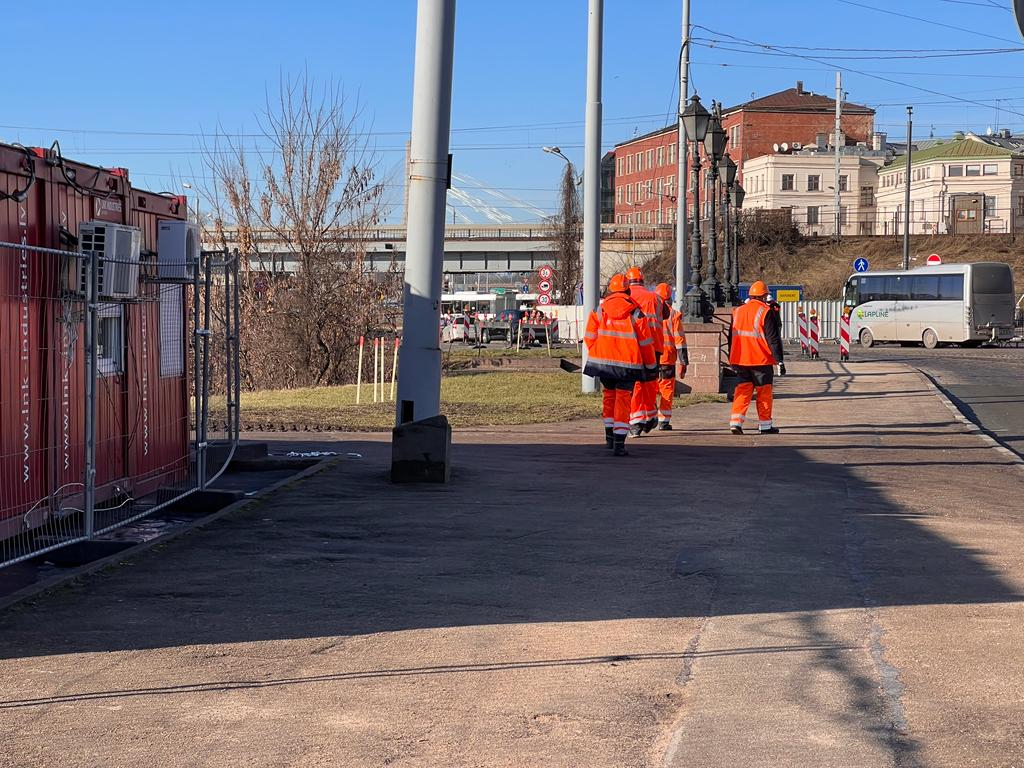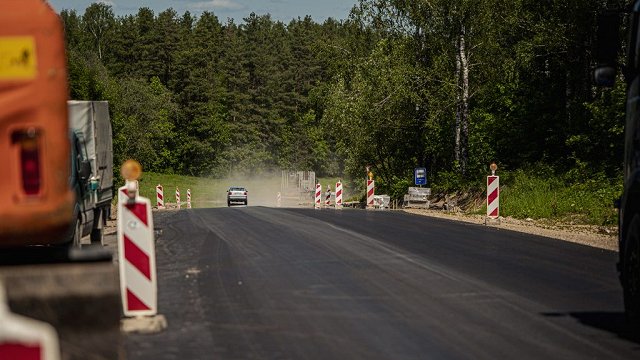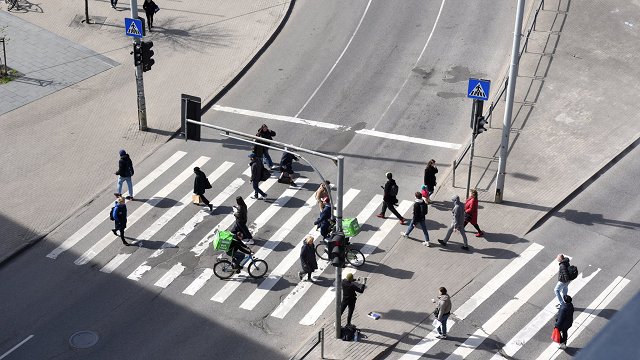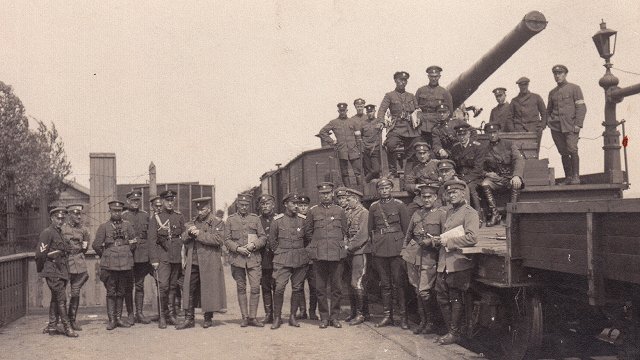According to her, the SM has carefully studied what has happened since the previous cost analysis of the project in 2017 and what are the factors contributing to the cost increase. It has been concluded that there are several reasons for this, including that the cost estimates are very optimistic. It is further concluded that the 40% cost increase is due to inflation. She did not name specific studies.
"An additional consideration is that the project has been extended. Initially it was planned to be high-speed rail only, but over time all the countries decided that regional services were also needed.
"So there is a possibility to use this high-speed line for regional services as well. So a number of regional stations were added to the project - more than 40 in total in all three Baltic States. This has undoubtedly had an impact on the cost of the project, as it is not only the construction of the station itself, but it also affects the technical solutions on the line itself," said the SM spokesperson.
According to her, the project's technical guidelines were developed in 2019, after the initial cost estimates.
Initially, the project's technical solutions were carried out by local companies, but later international consultants with experience in designing high-speed rail lines were brought in.
"And as a result, when the design of this railway line was already being carried out more thoroughly, it was clear how much more needed to be added to these technical requirements for the railway to really meet European standards," said Malnača. So there had been errors in estimating the costs initially, when they should have been higher all along.
She said that the design work for Rail Baltica is expected to be completed this year and full-scale construction work in all three Baltic countries is expected to start. However, the project will not be fully operational by 2030.



































